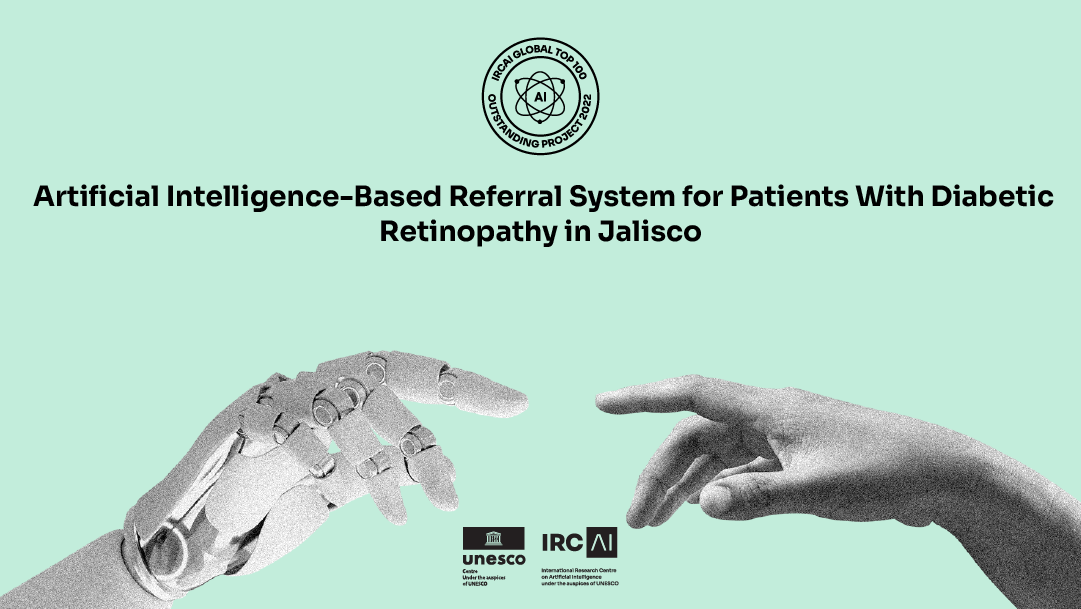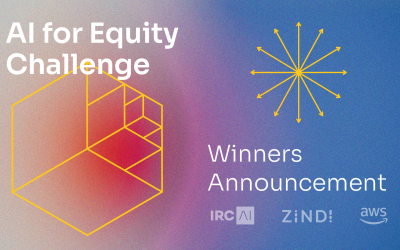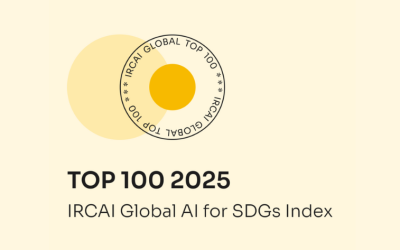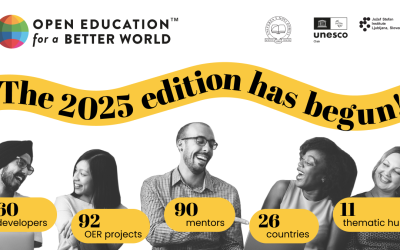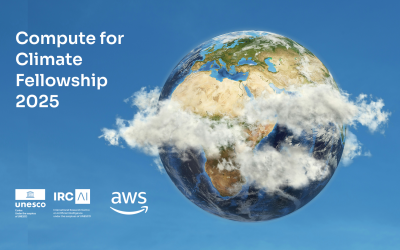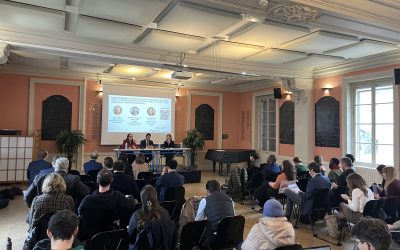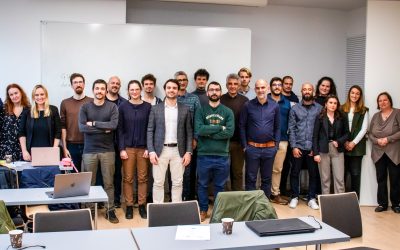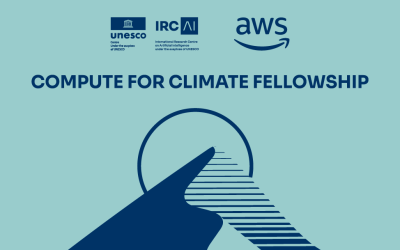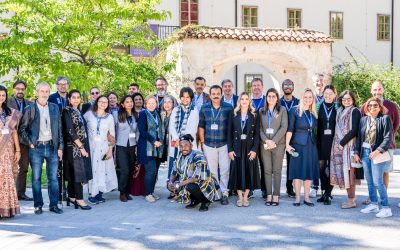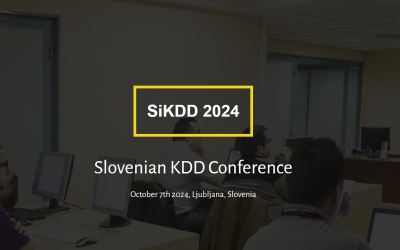After a thorough scientific, ethical, and entrepreneurial review of all projects submitted to the 2022 IRCAI Global Top 100 call, IRCAI has deemed ten submissions as “outstanding” based on their AI integrity, potential impact on the SDGs, business sustainability, and ethical design. The project highlighted here below featured among these ten submissions, showcasing a great example of how AI can be used to promote healthy lives and well-being for all at all ages (SDG3). Earlier this month, at our STI Forum side event, we had the privilege to hear from Mario Arauz, who is the main coordinator of this project.
Disparities in access to eye care services
Diabetic retinopathy is one of the leading causes of vision loss as it affects the retina, the light-sensitive tissue lining the back of the human eye. The condition arises as a complication of diabetes and is usually caused by long-term high blood sugar levels in blood vessels in the retina, leading to their leakage or abnormal growth. With growing fluid accumulating in the retina, people eventually suffer from visual impairment.
While the maintaining of healthy blood sugar levels can reduce the risk of vision loss, the impact of diabetic retinopathy could also be drastically minimized if people had access to eye illness detection services. In the Mexican context, where the team behind this project deploys their solution, the diabetes rate is around 10.4% according to WHO. Yet, the country counts only 42.5 ophthalmologists per million people, compared to 105.5 in Spain, 103.6 in Argentina or 67.4 in Brazil.
A project with a great impact magnitude
In the effort to enhance early detection of Diabetic Retinopathy (DR), the utilization of AI models, specifically deep convolutional neural networks (CNNs), has emerged as a valuable tool. These AI models have the ability to analyze a considerable amount of Retinal Fundus Images (RFI) in a short period of time, ranging from a couple of months to less than 10 minutes. By aligning with Mexican DR clinical guidelines, a system of CNN models has been developed. These models preprocess the RFI, evaluate their suitability and quality, and classify them with a remarkable specificity and sensitivity of over 90% using local data. To facilitate accessibility, an API has been created to deploy the models in the cloud. Furthermore, work is underway to develop a web application for efficiently collecting and managing the RFI.
For more details on the steps for the clinical integration of the system and conducted tests on the preliminary convolutional neural network models in the Mexican context, check out this article.
More background information can be found in this MDPI publication and this IEEE article.
